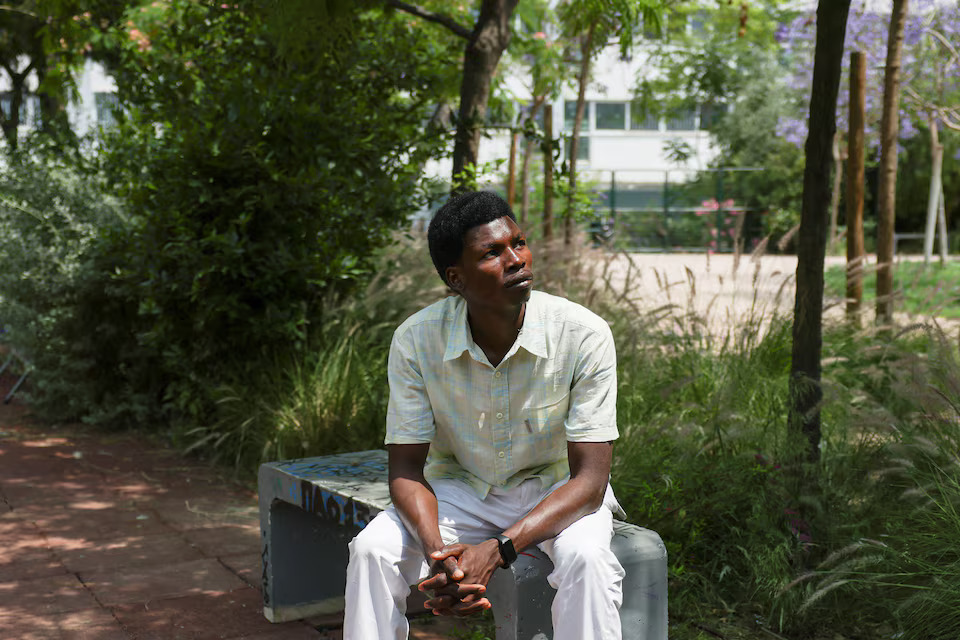Thousands of Sudanese refugees who once sought safety in Egypt are now turning to Libya as economic hardship and a government crackdown force them out of the country. Many of these refugees, like 25-year-old Bahr el-Din Yakoub, are now risking dangerous desert treks and deadly sea crossings to reach Europe, especially through Greece and other Eastern Mediterranean routes.
Yakoub fled Khartoum after a missile strike killed his friends, only to find Egypt increasingly unwelcoming. After months of struggling without proper documents, Yakoub headed to Libya—a move that reflects a growing trend among Sudanese migrants who now see Libya, despite its own dangers, as their only way out. According to the UNHCR, the number of Sudanese arriving in Europe jumped by 134% in the first five months of 2025, even as overall migration from North Africa declined.
So, why are Sudanese refugees leaving Egypt?
The main reasons are a worsening economy, strict visa rules, and recent laws making it harder for refugees to access basic services. A $1,000 deposit for residency, delays in processing refugee status, and threats of deportation have left many feeling unsafe. Reports say that even those holding UNHCR documents are sometimes detained or deported, and new laws in Egypt have moved refugee oversight from the UN to government hands—raising fears among rights groups.
While Egyptian authorities deny bias or mistreatment, human rights organizations and legal advocates argue that refugees are now more vulnerable than ever. Many say the 2024 asylum law changes have emboldened security forces, leading to police confiscating refugee papers and pushing people out of the country.
The shift has placed additional pressure on Libya. Officials in eastern Libya estimate that up to 25,000 Sudanese refugees have entered the country since the war in Sudan began. The journey through the desert is brutal, and once in Libya, many face abuse, detention, and extortion. Even so, the hope of safety and opportunity pushes many to board boats toward Europe.
Europe, especially Greece, has seen a sharp rise in Sudanese arrivals. Though the Eastern Mediterranean migration route overall has seen a decline, the number of Sudanese using it rose significantly—from 237 in early 2023 to 1,469 in the same period of 2025.
In response, the EU has pledged €7.4 billion in aid to Egypt to help control migration, but critics say the money is being used as leverage while migrants suffer. EU officials claim Egypt is “using the migration card” to pressure Europe, while diplomats warn that Sudanese migrants are caught in a growing geopolitical struggle.
As for Yakoub, who is now in a migrant camp near Athens, he hopes for a place to rebuild. “If Greece offers me safety and stability, I will stay,” he said, tired from a long and painful journey that has taken him across three countries in search of peace.

